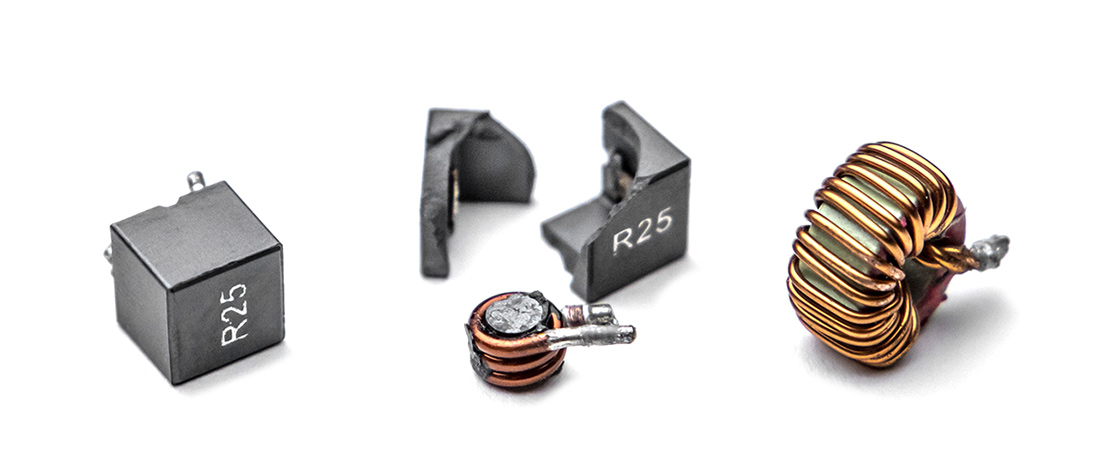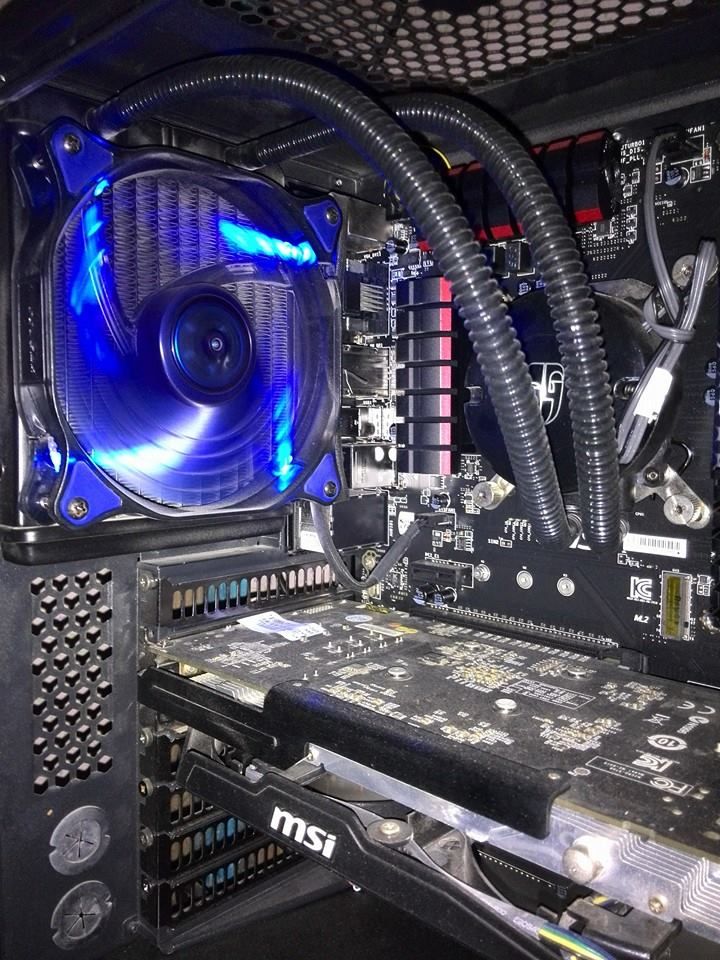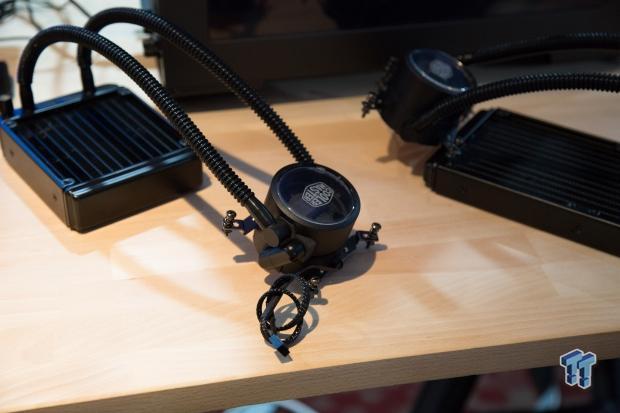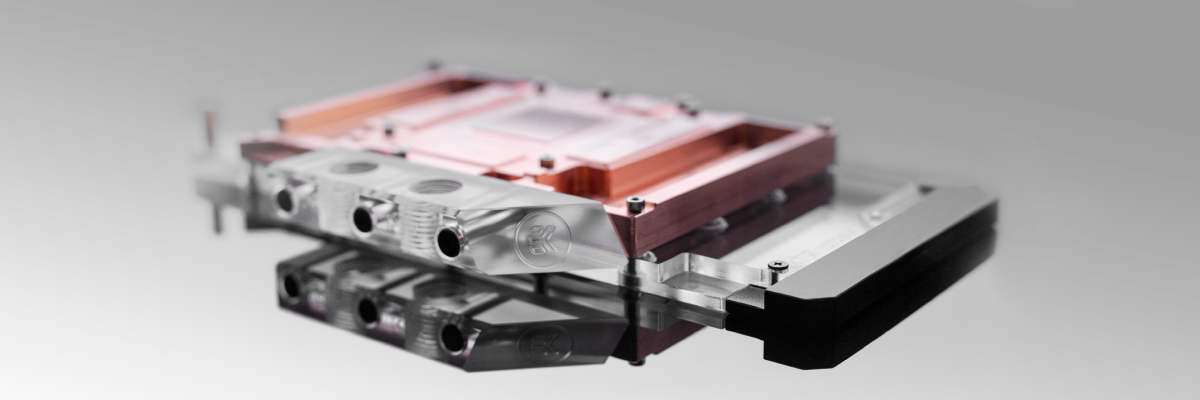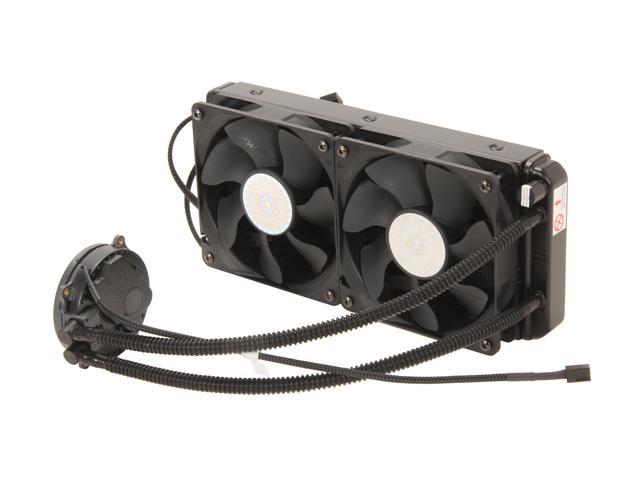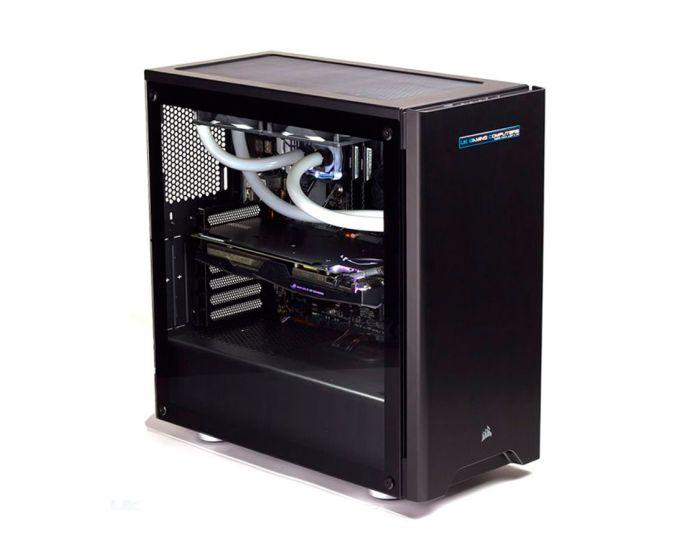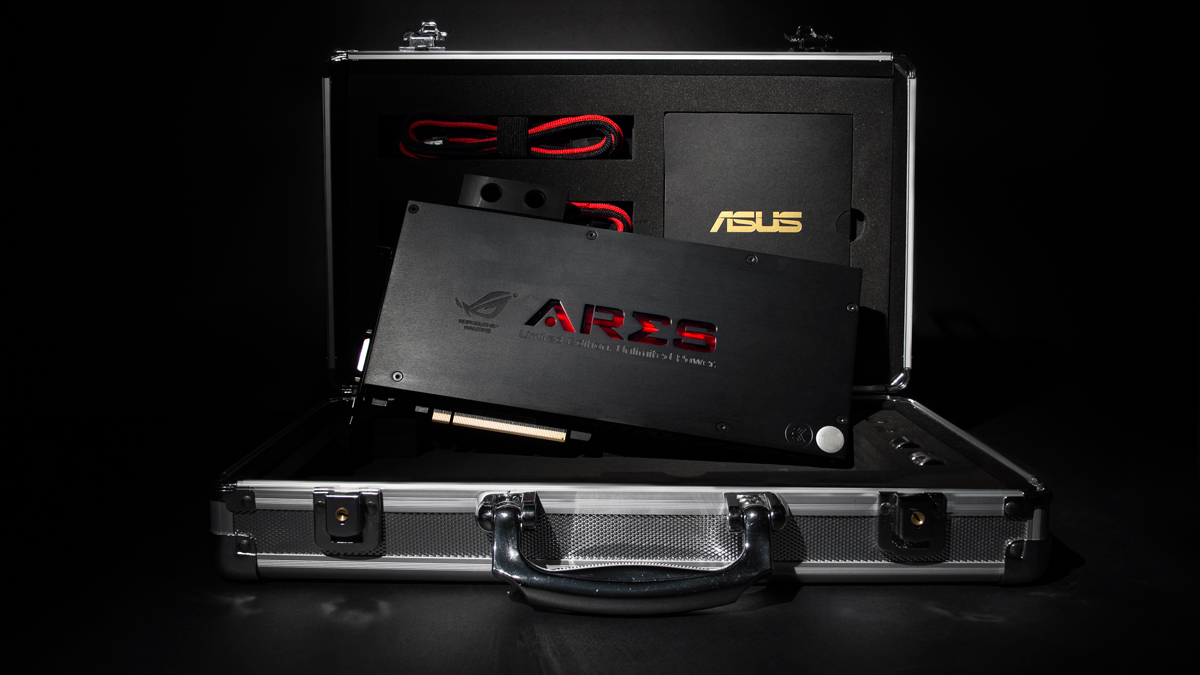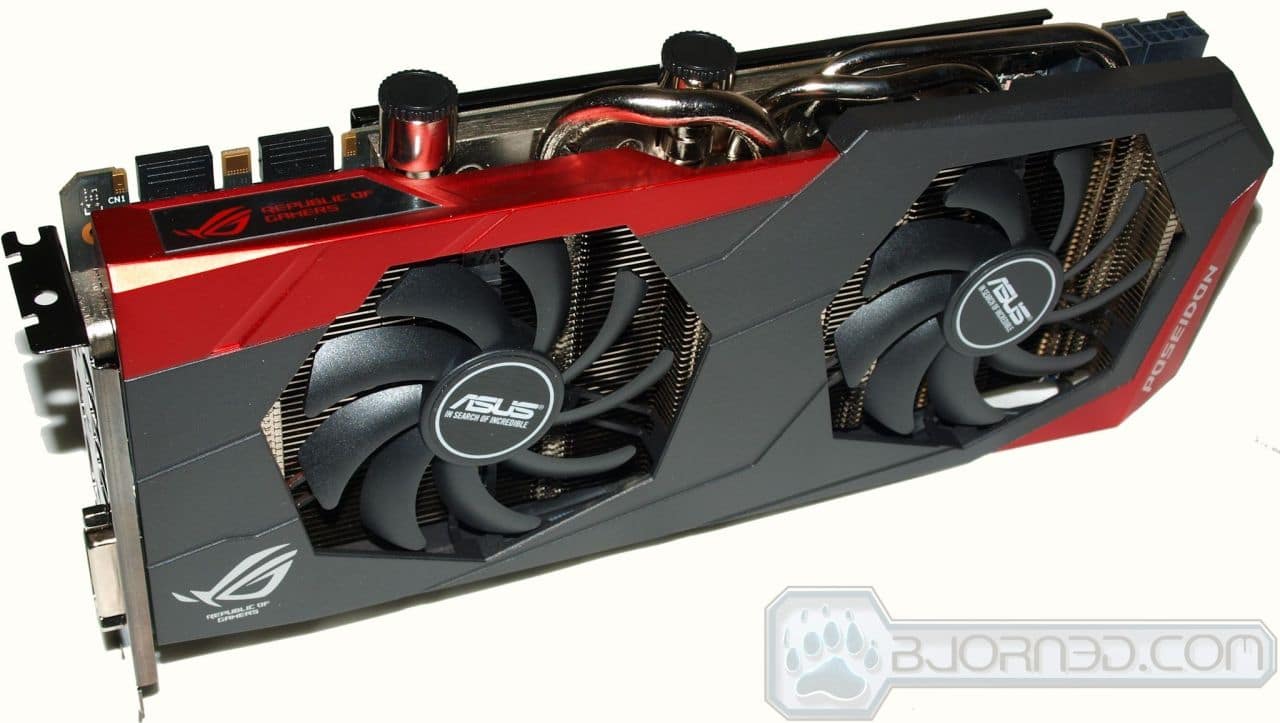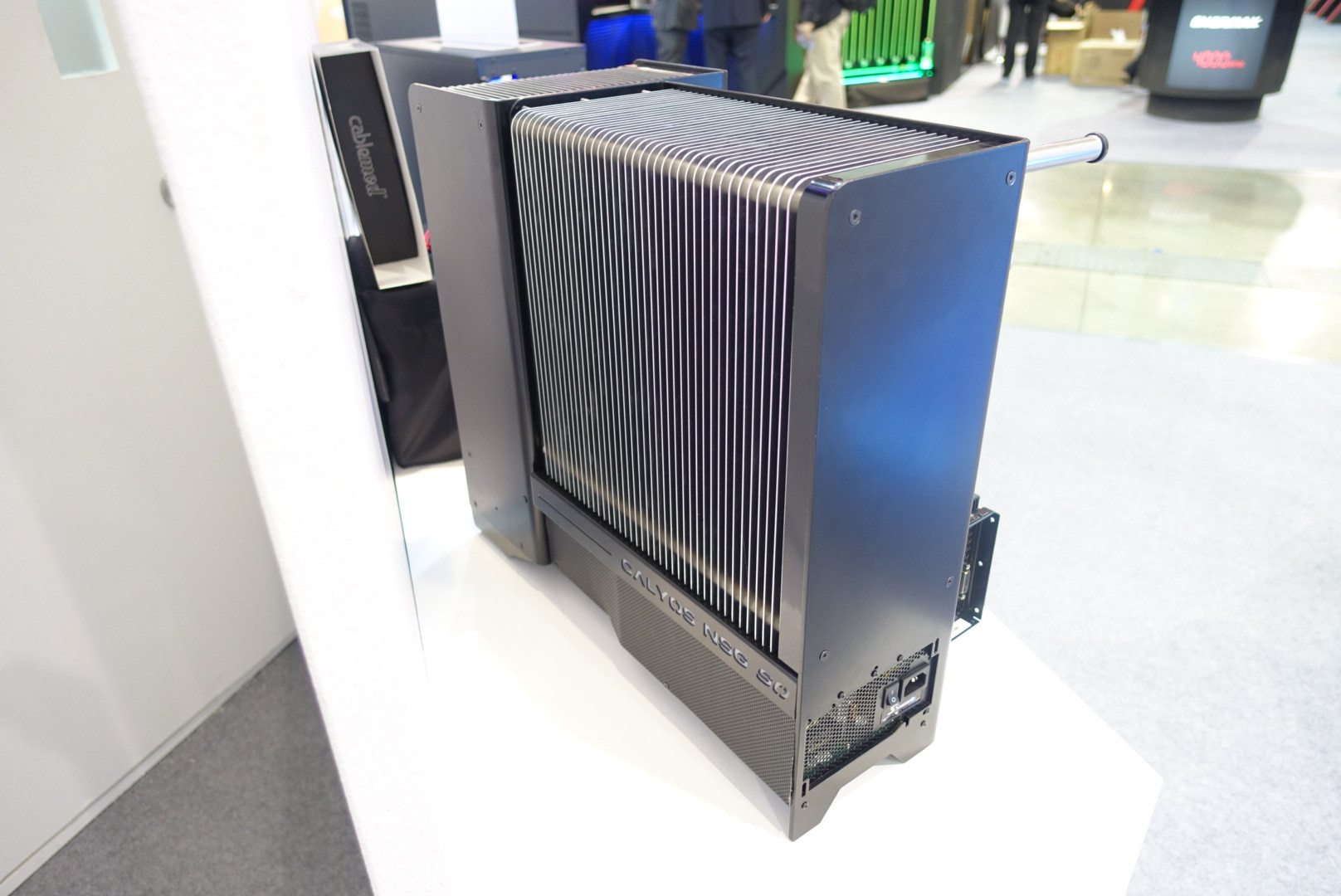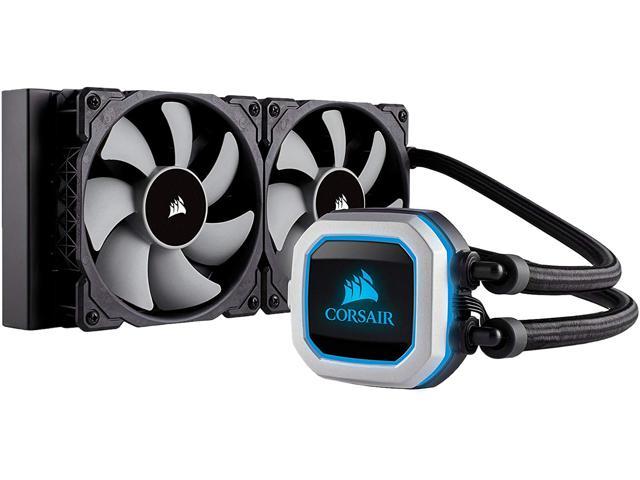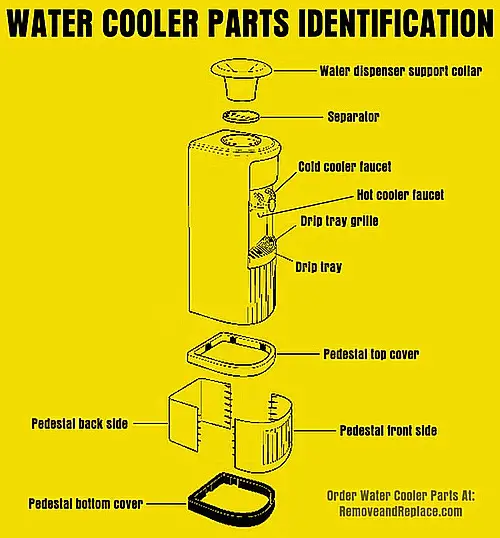Water Cooling Coil Whine

Drill or tap the plate for mounting.
Water cooling coil whine. Now we also provide splitit which allows customers to split payments to a maximum of three monthly installments provided the order is larger than 500 eur usd aud. Coil whine as linus from techquickie s youtube channel explains is a phenomenon found in a lot of technology today but especially in video cards. Most noise comes from your cooling fans spinning drives and optical drives if you still have one though there s one other lesser known noise source. Yes the pc is much quieter now so it s more noticable without the fan noise but it s still a large increasement of coil whine noise.
Putting thermal pads over the inductor coils and pressing them down via water block could potentially lessen the vibration which is why ek includes thermal pads with their ek vector series water blocks which are to be applied to inductor coils of nvidia rtx cards. There is really no difference between hot water coils and a chilled water coils in construction. All have u shaped tubes that pass through a thermally conductive aluminum plate. A water coil is a water coil.
Cold plates with 316 stainless steel tubes can stand up to corrosive liquid and deionized water. When a program game runs at extremely high frame rates or process a large amount of parallel information. Hot water coils are usually 1 or 2 rows and chilled water coils are usually 3 to 12 rows deep. A lot of that.
Connect these plates to cold liquid lines in process chillers and liquid to air cooling systems to cool equipment through direct contact. Modern pcs are ridiculously powerful so creature comforts like low noise levels have become more important. I recently bought and built my first custom water loop and put an ekwb water block on my evga gtx1080 fe. For technical drawings and 3 d models.
A phenomenon called coil whine it s a high pitched electronic squeaking or scratching noise and it s really annoying. The vast majority of chilled water coils are constructed from either 1 2 od tubes or 5 8 od tubes. It usually occurs when a component is working. Coil whine is a mechanical problem caused by high loads on the capacitors.
Coil whine and water blocks.
